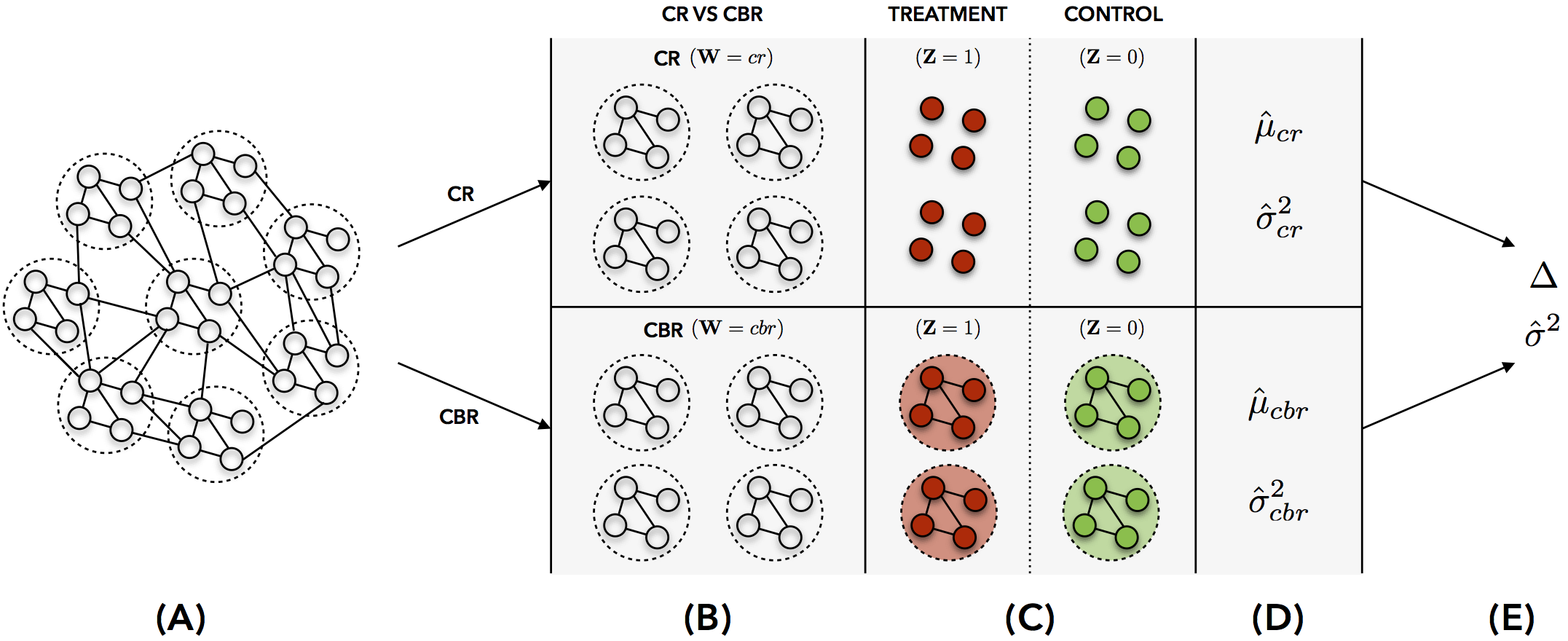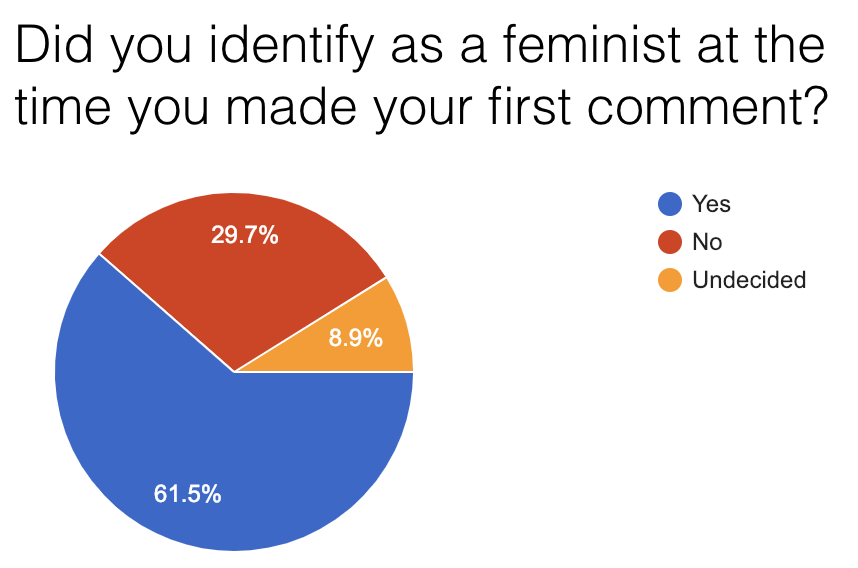Online platforms, which monitor and intervene in the lives of billions of people, routinely host thousands of experiments to evaluate policies, test products, and contribute to theory in the social sciences. These experiments are also powerful tools to monitor injustice and govern human and algorithm behavior. How can we do field experiments at scale, reliably, and ethically?

This spring I’m teaching the undergraduate/graduate class SOC 412: Designing Field Experiments at Scale for the second year. In this hands-on class for students in the social sciences, computer science, and HCI, you will start experimenting right away, learn best practices in experiments in real-world settings, and learn to think critically about the knowledge and power of experimentation. The final project is a group project to design or analyze a large-scale experiment in a novel way. I approach the class with an expectation that each project could become a publishable academic research project.
Project Opportunities for 2019
This year, students will have opportunities to develop the following final projects:
- Working with WikiLovesAfrica to test ideas for broadening global contributions to Wikipedia and broaden how media made by Africans is used and understood by the rest of the world
- Data-mining a dataset from roughly a thousand experiments conducted on Wikipedia to make new discoveries about participation online
- Developing new experiments together with moderators on reddit
- Your own experiment, including your senior project, if your department approves
- … additional opportunities TBD
Unsolicited Student Reviews from 2018
“I recently accepted an associate product manager position at [company]. They essentially work to AB test commercial initiatives by running campaigns like field experiments. In fact, it seems like a lot of what was covered in SOC 412 will be relevant there! As a result, I felt that working as a product manager there would give me a lot of influence over not only statistical modeling approaches, but also user privacy and ethical use of data.”
“From my experience, very few professors take the time to provide such personalized feedback and I really appreciate it.”
“Take! This! Class! Even if you’ll never do an online experiment in your line of work, it’s important to know the logistical and ethical issues because such experiments are going on in your daily life, whether you know it or not.”
“Instructions were always very clear. Grading guidelines were also very clear and Nathan’s feedback was always super helpful!”
“I appreciate the feedback you gave throughout the course, and I also value the conversations we had outside of class. As somebody that’s still trying to find myself as a researcher, it was very helpful to get your perspective.”
Sample Class Projects from 2018
Here are examples of projects that students did last year:
Promoting Inclusion and Participation in an Online Gender-Related Discussion Community

Many users join gender-related discussions online to discuss current events and their personal experiences. However, people sometimes feel unwelcome those communities for two reasons. First of all, they may be interested in participating in constructive discussions, but their opinions differ from the a community’s vocal majority. Accordingly, they feel uncomfortable voicing these opinions due to fear of an overwhelmingly negative reaction. Second, as we discovered in a survey, many participants in online gender conversations wish to make the experience uncomfortable for commenters.
In this ongoing study, two undergraduate students worked with moderators of an online community to test the effects on newcomer participation of interventions that provide first-time participants with more accurate information about the values of the community and its organizers.
🗳 Auditing Facebook and Google Election Ad Policies 🇺🇸
Austin Hounsel developed software to generate advertisements and direct volunteers to test and compare the boundaries of Google and Facebook’s election advertising policies. In the class, Austin chose statistical methods and developed an experiment plan in the class. Our findings were published in The Atlantic and will also be submitted in a computer science conference paper (full code, data, and details are available on Github).
In this study, we asked how common these mistakes are and what kinds of ads are mistakenly prohibited by Facebook and Google. Over 23 days, 7 U.S. citizens living inside and outside the United States attempted to publish 477 non-election advertisements that varied in the type of ad, its potentially-mistaken political leaning, and its geographic targeting to a federal or state election voter population. Google did not prohibit any of the ads posted. Facebook prohibited 4.2% of the submitted ads.
Improvements in 2019
Last year was the very first prototype of this class. Thanks to helpful feedback from students, I have adjusted the course to:
- Provide more space for student discussion, via a dedicated precept period
- Speed up the research design process, with more refined software examples
- Improve team selection so students can spend more time focused on projects and less on choosing projects
- Improving the course readings and materials
- Take class discussions away from Piazza to Slack
- Streamline the essay grading process for me and for students
I’ve written more about what I learned from the class in a series of posts here at Freedom to Tinker (part 1) (part 2).
